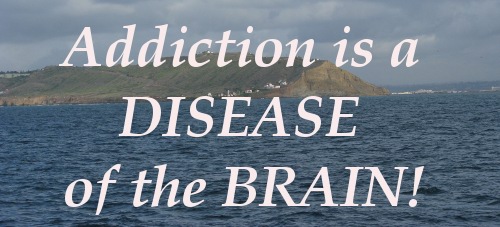Alcohol and drug addictions are considered to be diseases by many experts. Addiction is believed to be a chronic condition, which means that a person will have it in some form or another for their entire life.
While they may not be actively engaged with disease by abusing drugs, there is always the opportunity for relapse if the person is not careful. Alcohol and drug abuse have predictable symptoms and they follow a predictable path.
One of the risk factors for addiction is genetics or family history. Once a person is in the throes of alcohol and drug abuse it changes their brain chemistry, making it very difficult for them to stop using on their own. Those are the main reasons why these addictions are considered to be diseases.
There are many methods for treating drug and alcohol addiction. Treatment programs vary and may include a residential rehab facility, an outpatient treatment center, a detox center, professional counseling, medications to help during detox, and a number of other resources. The specifics of addiction recovery differ from person to person.
While they are considered chronic conditions, people can certainly learn to manage addictions and avoid letting them control their lives. Treatment has helped a great number of people stop abusing drugs and alcohol and avoid relapse. Unfortunately, there is no “cure” for the disease of addiction. There is always some chance that the individual will relapse, but coping methods can be learned to make it much less likely.
Genetics and life influences are both contributing factors to alcohol and drug addictions. The fact that someone’s parent is an alcoholic doesn’t necessarily mean that they will be also. The influences in a person’s life can contribute to or reduce their risk of becoming addicted to one of these substances, and genetics can do the same.


